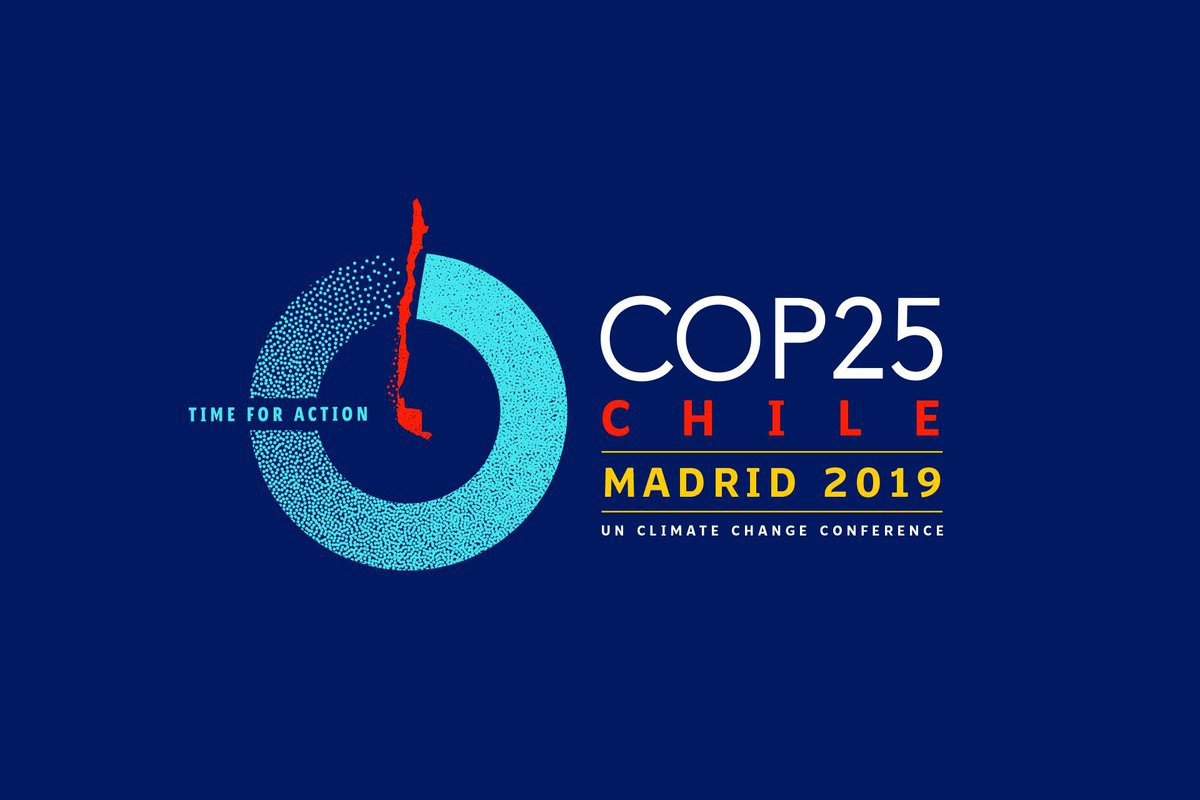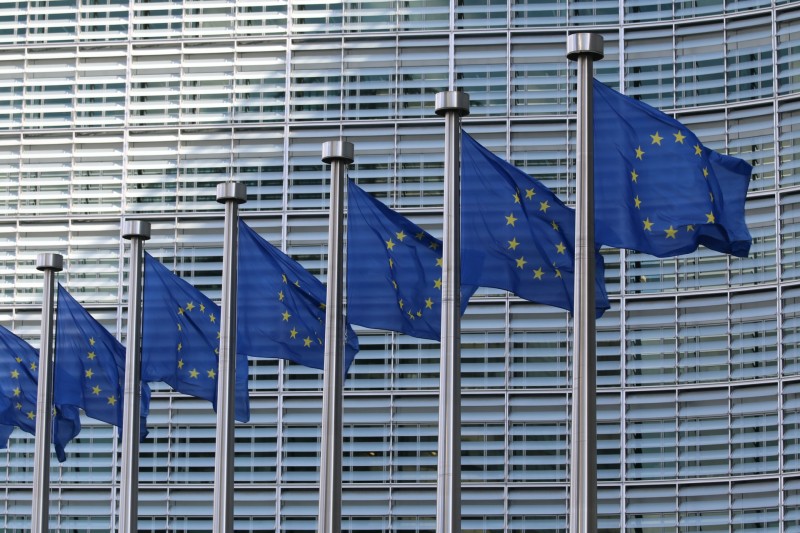COP25: high hopes ditched by global governance
On December 2nd the UN Climate Change Conference (COP25) kicked off in Madrid: what is it and why is this event pivotal in the fight against climate change?

The acronym “COP25” indicates the the 25th Conference of the Parties to the United Nations Framework Convention on Climate Change (UNFCC). The Convention was adopted in Rio during the Earth Summit of 1992 and it s the first international environmental Treaty focused entirely on climate change. From that moment, every year the international representatives meet to discuss and define the measures to be adopted in order to fight climate change.
The pinnacle of the discussions was reached in 2015 in Paris, during COP21, where the leaders signed the well-known Paris Agreement, a settlement that ensures the commitment of the countries to cut CO2 emissions in order to keep the global warming below the critical level of +2°C. However, COP24, held last year in Poland (Katowice) already showed the lack of an implementation of actual and effective measures in this matter. The reason behind this stagnation is linked both to a shortfall of political will to undertake effective measures, and the consequential stubborn blindness of countries that maintain irresponsible positions, ignoring scientific data, like the ones provided by the Intergovernmental Panel on Climate Change (IPCC). Jair Bolsonaro and the alarming policies for the Amazon rainforest (readherefor more), Donald Trump and the withdrawal of the United States from the Paris Agreement, China and its ambiguous policies regarding the cut of emissions are just a few examples of how far we still are to reach concrete and collective solutions: China and United States are respectively the 1st and 2nd countries globally in terms of CO2 emissions levels.
These are the premises that took us to COP25 in Madrid. The Conference was initially supposed to be hosted by Chile, however due to the internal disorders currently shaking the country, Chile had to pull out a month before the event begun. Spain stepped up and offered to co-host COP25 in order not to cancel such a pivotal event given the high expectations about its outcomes.
The main goal of the Conference was to ensure that what had been established in COP25 is now actually put into practice. Specifically, the event aimed at finding a solution on the currently still open issues of what was set by the Paris Agreement, namely Article 6, loss and damage issue, and the implementation of effective measures to cut emissions. Now that we reached the closure of COP25 it makes sense to analyze what happened, what’s been discussed, and to make some conclusions.
In his opening speech, Antonio Guterres, UN Secretary General, stressed the urgency and the absolute need for all Nations to cooperate and make their own share of efforts, provocatively asking if they want to be remembered as the generation that buried its head in the sand, while the planet burned or if they will be able to respect the commitment they took and take effective measures to fight climate change.
His worried words come from a clear analysis of the current situation and the realization that almost nothing or, at the very least, not enough, has been done to cope with the challenge.\ In 2018 we breached the historical record of CO2 emissions (55.3 billions), that means a +3.2% rise since 2017 and if some years ago 400 parts per million was seen as an unthinkable tipping point, last year the global average levels of carbon dioxide reached 407.8 parts per million.
Spanish Prime Minister Pedro Sánchez, echoes the Secretary General in stressing the gravity of the situation and moves forward by directly addressing the European Union in a strong call to action (“Si fue Europa quien lideró la revolución industrial y el capitalismo fósil, ha de ser Europa quien lidere la descarbonización.”). It actually appears that the EU was not deaf to these words: the newly elected European Commission, led by Ursula Von Der Leyen, is actively working on a Green New Deal for Europe, a “green” pact, which aims to become an example and best practice for all the countries that enlist among the major producers of CO2.
The Green New Deal for Europe, as ambitious as it is pragmatic, creates a new strategy for a pan-european economic development based on the construction of a real circular economy, in sinergy with the environment and socially responsible. The goal is to become the first zero emissions continent by 2050. That means it does not focus simply on cutting emissions, it is indeed a transformative process on a economic, social and environmental level, which sees the investment of 5% GDP yearly for the construction of new infrastructures, requalification of industries and creation of new jobs. The task is demanding, yet if Europe really wants to give a strong signal on the international scenario, a concrete realization of the Green New Deal is a target the Union cannot afford to miss.
This urgency for real solutions gains much more importance in the light of an historical moment like the current one, where big CO2 producers are called upon to act and act now, especially by the smaller countries, which are also the one more deeply affected by natural disasters and conflicts caused by climate change.
The next great issue of COP25 is indeed the one regarding loss and damage, an issue that in the past decades was at the center of debates and calls for the establishment of a mechanism to refund loss and damages caused by climate change. Such a fund already exists and amounts to $10 billions. It is called the Warsaw International Mechanism, adopted in 2013, the fund however is still, de facto, inactive and unavailable to the countries in need.
COP25 had the aim of establishing the functioning of such mechanism and the rules of its erogation, however the negotiation are currently still at a deadlock. The only signal was a resolution (2019/2712 RSP) on November 28th of the European Parliament, which urges the European Commission and the Member States to provide a “climate finance for loss and damage” and recognizes the need for additional resources, which should be raised “through innovative sources of public finance under the Warsaw International Mechanism”.
The resolution is however not binding, it merely represents a statement that reflects uniquely the position of the Parliament itself, and not necessarily the ones of the other European Institutions or, even less, those of the Member States.\ It is not enough: only in the last decade we counted millions of displaced people and this number is tragically bound to grow in the forthcoming years.
Philip Alston, UN special rapporteur on extreme poverty and human rights, highlights the fact that there’s an enormous and growing gap between the most rich and polluting countries and the smaller, poorer ones, that suffer most the effects of climate change. Alston calls this new polarization of the world “climate apartheid”, a strong, shocking term which undoubtedly fits in the depiction of the future that is shaping in front of us, and to which COP25, still hasn’t found a proper answer to.
Nevertheless, it is not a matter of shortage of fundings, but much more one of lack of political will in finding a solution. The International Peace Bureau (IPB) repeatedly asked to the 196 Nations in Madrid to cut the military expenses (NATO’s yearly expense amounts to over 1000 billions), such requests however were never seriously taken into consideration during the negotiations.
The ambitious scenario in which COP25 opened has indeed been wiped away by the results, which confirms this Conference has failed in delivering its goals. This becomes even more delusional in the frame of a critical moment, where failure cannot be an option on the table, and instead we need a strong, unified answer from the international community.
It is clear the growing fracture between civil society, which becomes more and more aware of the climate change issue, hence people actively take action (e.g. the Fridays for Future initiative), and the political will, or lack of, that shows itself as incapable of taking the responsibility for choices, strong and brave, that can carry humanity towards a greener future, sustainable and equal on a global level.\ The political blindness entwines with its own unwillingness to find shared, collective solutions that can create a multilateral, responsible governance.
COP 25 should have been a checkpoint for global governance, before the pivotal COP26, which will take place in 2020 in Glasgow and where the world expects to see the results of the commitments taken in Paris and fix the new goals. We wait for the closing of the conference to draw the final conclusions, however up to now we can say that, except few, weak attempts, the international governments were not up to the task and level of commitment required.
My hope is however to be disproved once COP25 is over, and see that we can talk instead of political courage, concrete and ambitious actions, as the Spanish Prime Minister Sanchez said, at the beginning of COP25:
“Señoras y señores, la ambición siempre fue uno de los motores del espíritu humano. Tuvimos ambición para explorar los confines del espacio. Tuvimos ambición para desafiar los límites del conocimiento científico. Tengamos la misma ambición ahora para preservar el frágil equilibrio que permite la vida en el único hogar que tenemos: nuestro propio planeta. La Humanidad ha llegado a un punto en que apostar por su supervivencia equivale a luchar por un mundo mejor. Ese es nuestro desafío, para que las generaciones del mañana, al mirar atrás, puedan decir que, en esta hora crucial, la Humanidad estuvo a la altura..”
Nadia Paleari
FONTI:
https://unfccc.int/news/un-climate-change-statement-on-cop25
https://ilmanifesto.it/cop-25-il-sud-del-mondo-chiede-ascolto-siamo-i-piu-colpiti/
https://thesubmarine.it/2019/12/02/cop25-punto-di-non-ritorno/
https://www.apiceuropa.com/cop-25-a-madrid-un-richiamo-dellonu-a-deporre-le-armi-contro-la-terra/
https://www.climatechangenews.com/2019/12/02/article-6-issue-climate-negotiators-cannot-agree/
Risoluzione Parlamento Europeo: 2019 UN Climate Change Conference (COP25): European Parliament resolution of 28 November 2019 on the 2019 UN Climate Change Conference in Madrid, Spain (COP 25) (2019/2712(RSP))
TIMELINE 25 YEARS OF COP



